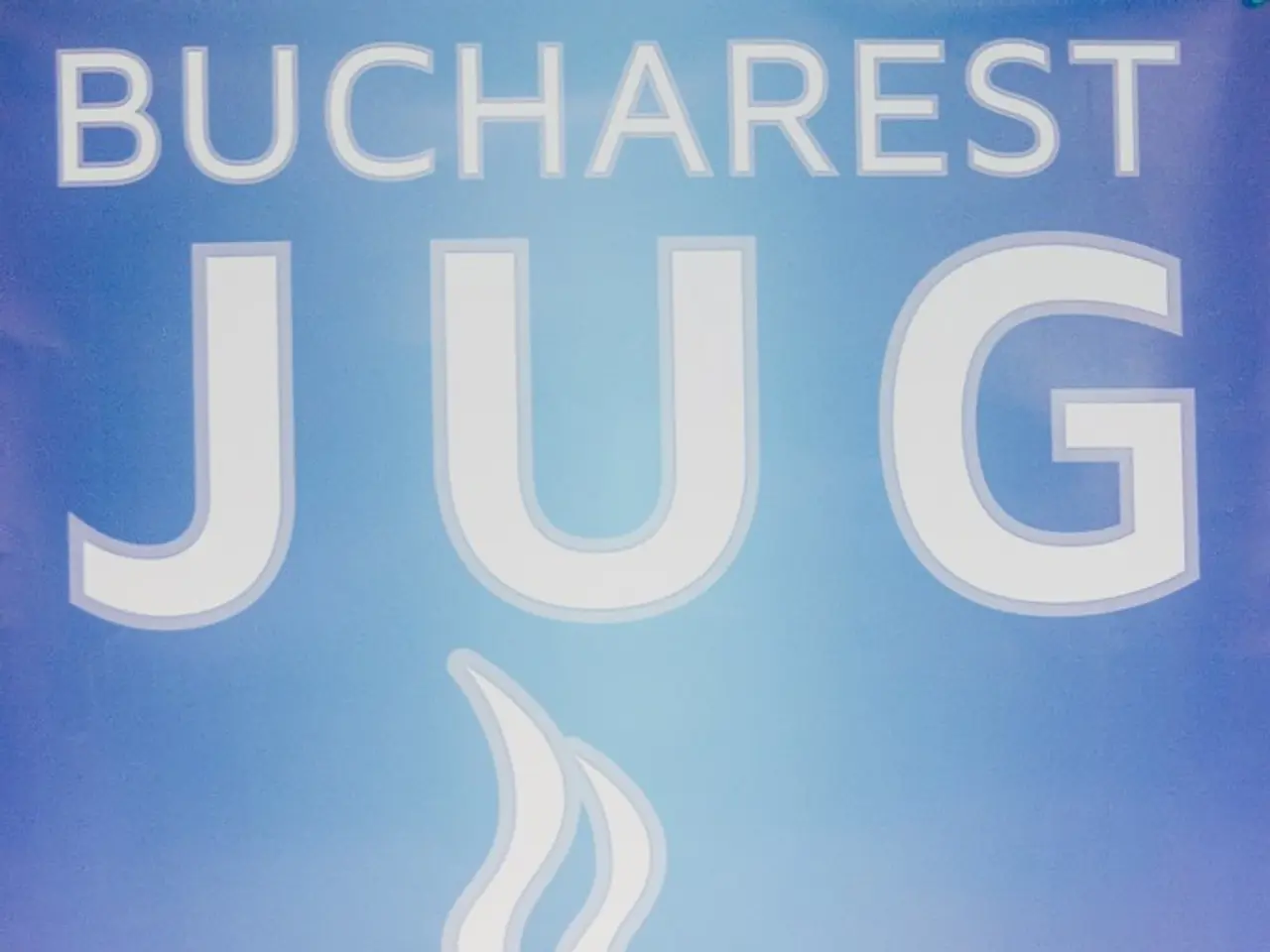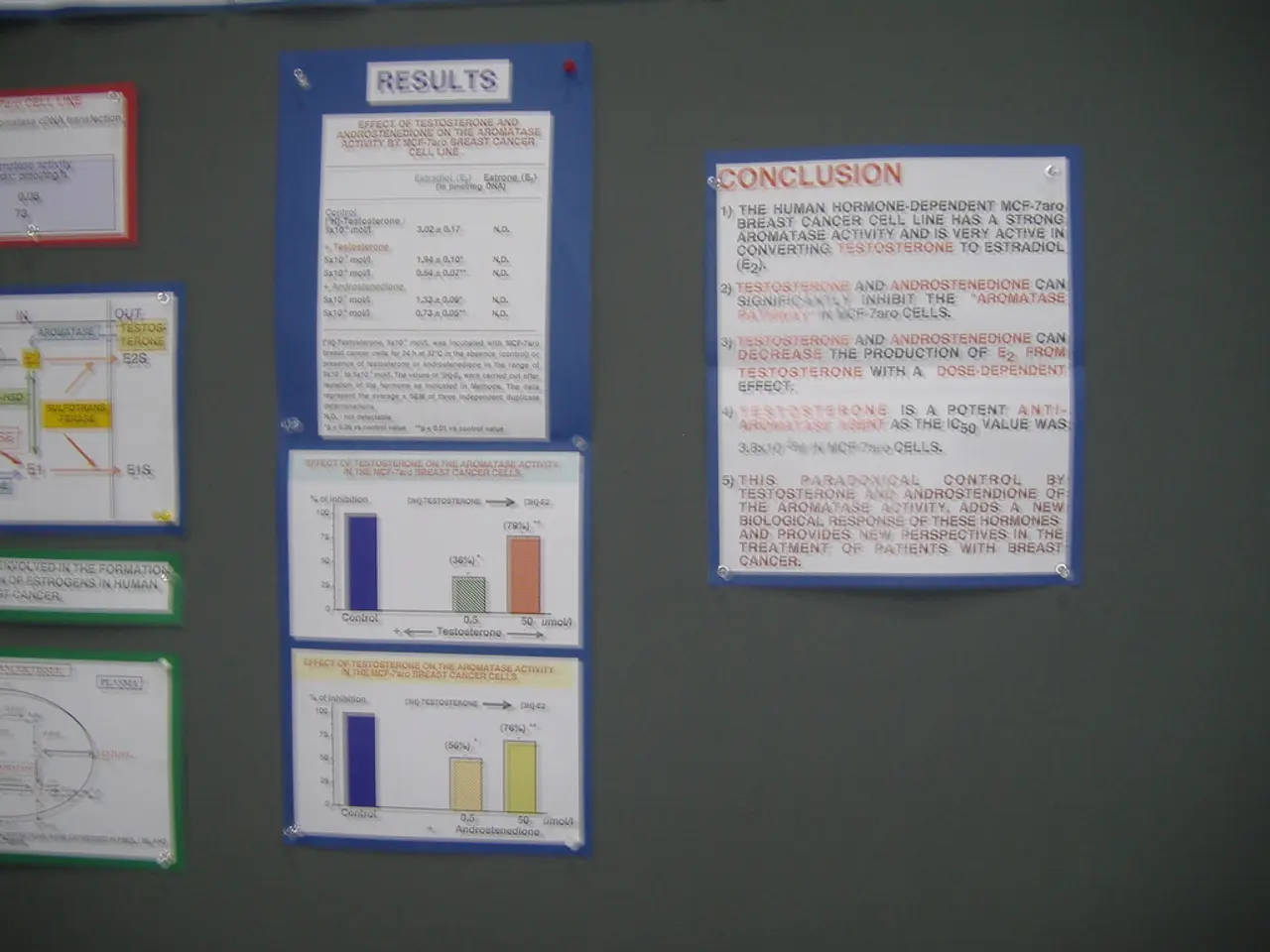Cognac stands-off nearing its end, highlighting the acclaimed brand names in the limelight.
China's decision to impose anti-dumping taxes on European brandy imports, effective from July 5, 2025, has significant implications for the French Cognac industry and several major companies. The tariffs, ranging from 27.3% to 34.9%, have been levied in response to alleged "dumping" practices that China claims threaten its domestic brandy producers.
### Impact on French Cognac Industry
Major Cognac producers such as Hennessy (Jas Hennessy), Rémy Martin, and Martell have been granted exemptions or reduced duties, under the condition that they adhere to minimum pricing agreements designed to prevent dumping. For example, Hennessy faces a 34.9% tariff, Rémy Martin 34.3%, and Martell 27.7%, but with some relief through exemptions aimed at protecting their market positions in China.
Other companies like Rémy Cointreau, Pernod Ricard, Diageo, and Campari are also affected, although the details on individual tariff rates for some of these companies are less clear. Pernod Ricard and Rémy Cointreau reportedly received partial exemptions as well.
The tariffs add a significant cost burden, forcing companies to either increase prices in China or face the steep levies, which could reduce competitiveness and sales volume in a key export market.
### Broader Industry and Trade Effects
The EU spirits trade group spiritsEUROPE has criticized the tariffs as "unfair and unjustified" and stressed the negative impact on legitimate trade and cooperation between the EU and China. While some major cognac brands have limited exemptions, the overall brandy sector faces a challenging market environment due to these anti-dumping duties.
French officials and the European Commission have expressed disappointment and are actively pursuing diplomatic channels for dispute resolution, with high-level meetings planned, including an EU-China summit scheduled for late July 2025.
### Summary Table of Key Tariffs and Exemptions
| Company | Tariff Rate | Exemption Status | |------------------|-------------|-----------------------------------------------| | Jas Hennessy | 34.9% | Partial exemption with minimum pricing agreement | | Rémy Martin | 34.3% | Partial exemption with conditions | | Martell & Co | 27.7% | Partial exemption with conditions | | Rémy Cointreau | Not specified | Partial exemption | | Pernod Ricard | Not specified | Partial exemption | | Diageo | Not specified | Impact unclear, likely affected | | Campari | Not specified | Impact unclear, likely affected |
In conclusion, while China’s tariffs impose substantial costs on EU brandy exports, leading to price increases or reduced sales in China, the major French Cognac houses have secured some relief through exemptions conditioned on pricing commitments. The situation remains tense, with ongoing negotiations aimed at mitigating these trade barriers.
The tax affects European brandy imports and is a response to an anti-dumping procedure by the European Union against Chinese electric vehicles, escalating trade tensions between the two regions. Monthly cognac exports to China, the world’s largest market for this product, have plummeted by 70% due to the ongoing trade dispute. The tax is not retroactive and is considered a final response by China in its battle against European brandy imports.
- The tariffs imposed by China on European brandy imports, including those for French Cognac industry giants like Hennessy, Rémy Martin, and Martell, present a significant challenge due to the minimum pricing agreements designed to prevent dumping.
- Some relief has been granted to companies like Pernod Ricard, Rémy Cointreau, Diageo, and Campari, but the exact tariff rates for these companies remain less clear.
- The higher costs imposed by these tariffs threaten competitiveness and sales volume in a crucial export market, potentially leading to price increases or reduced sales in China.
- The spiritsEUROPE trade group has voiced concern over the tariffs, emphasizing their potential negative impact on legitimate trade and cooperation between the EU and China.
- As diplomatic efforts continue through high-level meetings and summits, the EU and Chinese officials work towards resolving this dispute, addressing not only the brandy sector but also the broader implications for trade and politics.




